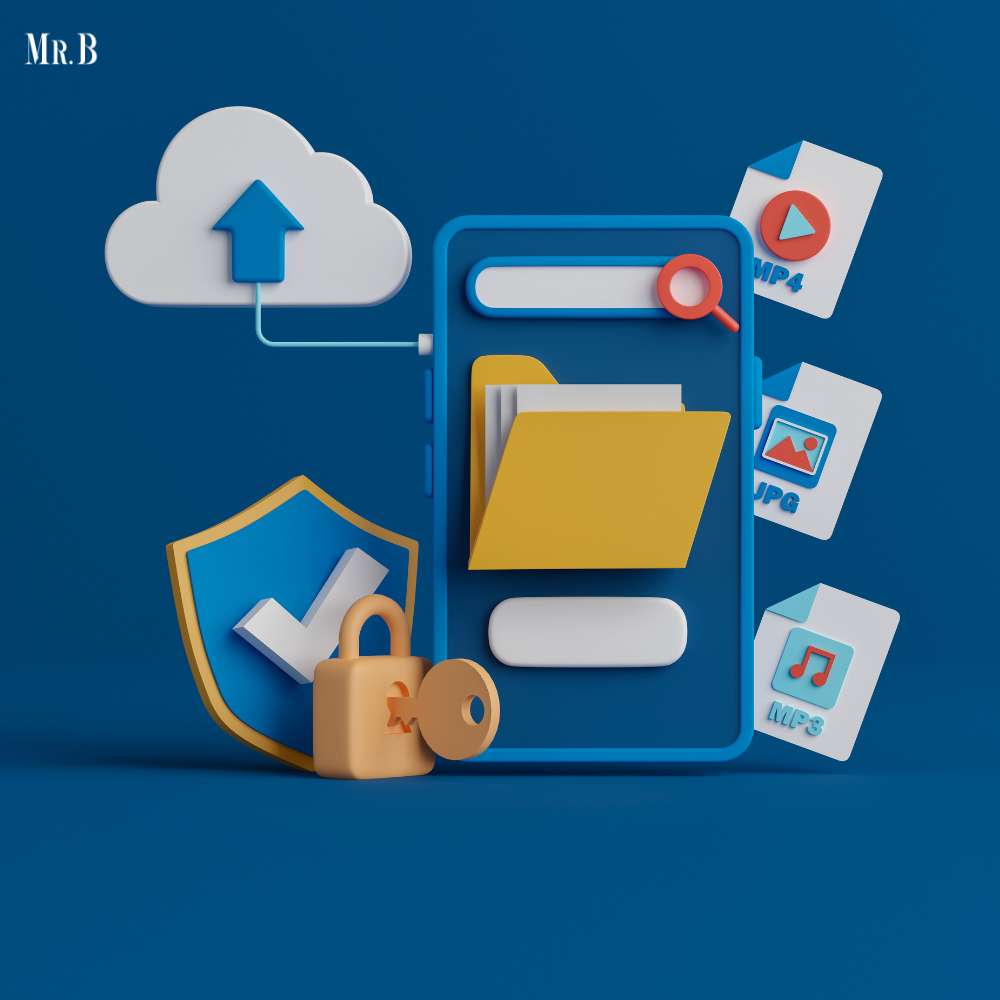Storage has become easier than ever for small scale businesses. When it is about cloud applications people often speak of the popular ones. Cloud services allow businesses to store a huge amount of data, keep backup and retrieve it whenever the need exists. There is no restriction on the location too which makes it even more flexible. It has become more than easy to go through any data required for formulating the current strategies. All of this is possible due to cloud computing technology.
In the digital era, a cloud services use is the most inevitable and assumed thing to do. The usability of the cloud applications differs from one organization to another. Every organization will use the same as per theor own need and convenience.
The concept of storing data into hard drives has become outdated these days. The cloud applications are reliable, secure and easy to use without any hassles.
Here we bring you Top 10 cloud Applications for Small Scale Business:
1. Microsoft 365 (formerly Office 365)
Microsoft 365 offers a suite of essential tools, including Word, Excel, PowerPoint, and Outlook. It also provides cloud storage through OneDrive and robust email management with Exchange Online.
2. Google Workspace (formerly G Suite)

Google Workspace includes Gmail, Google Docs, Sheets, Slides, and Drive. It excels in collaboration features, allowing real-time editing and sharing of documents.
3. QuickBooks Online
QuickBooks Online simplifies accounting tasks with features like invoicing, expense tracking, and financial reporting. It’s perfect for small businesses looking to streamline their finances.
4. Salesforce
Salesforce is a versatile CRM (Customer Relationship Management) platform that helps businesses manage leads, customer information, and sales processes. It’s a valuable tool for nurturing client relationships.
5. Slack
Slack is a messaging and collaboration platform that enhances communication within teams. It integrates seamlessly with many other business apps.
6. Trello
Trello is a project management tool that uses boards, lists, and cards to help teams organize tasks and projects. It’s user-friendly and fosters productivity.
7. Zoom
Zoom has become a go-to solution for video conferencing and virtual meetings. It offers features like screen sharing, webinars, and HD video quality.
8. Dropbox Business
Dropbox Business provides secure cloud storage and file sharing. It offers collaboration features like Dropbox Paper for document creation and editing.
9. HubSpot
HubSpot is an all-in-one marketing, sales, and customer service platform. It helps small businesses manage leads, automate marketing campaigns, and nurture customer relationships.
10. Zendesk
Zendesk is a customer support platform that offers ticketing, live chat, and knowledge base management. It’s ideal for providing excellent customer service.

The Significance of Cloud Applications
These applications have reshaped the way businesses operate, bringing a host of benefits, such as:
1. Cost Efficiency:
Cloud applications eliminate the need for expensive hardware and IT infrastructure. Small businesses can access advanced software without a substantial upfront investment.
2. Scalability:
These applications can scale with your business. As your operations grow, you can easily add more users or features without major disruptions.
3. Accessibility:
Cloud applications can be accessed from anywhere with an internet connection. This flexibility enables remote work, which has become crucial in today’s world.
4. Collaboration:
Cloud-based tools facilitate real-time collaboration among team members, regardless of their physical location. This boosts productivity and teamwork.
5. Security:
Many cloud providers invest heavily in security measures, often surpassing what small businesses can achieve on their own. Data backups and disaster recovery are typically part of the package.

The Future Scope of Cloud Applications
The future of such applications is exceedingly promising. As technology continues to advance, we can expect:
1. AI Integration:
Such applications will increasingly incorporate artificial intelligence to automate tasks, analyze data, and provide actionable insights.
2. IoT Compatibility:
The Internet of Things (IoT) will play a significant role in cloud applications, allowing businesses to collect and analyze data from various devices and sensors.
3. Enhanced Security:
With cyber threats on the rise, cloud providers will continue to invest in robust security measures, making these applications safer for businesses.
4. Customization:
Cloud applications will become more customizable, allowing businesses to tailor them to their unique needs and workflows.
5. Seamless Integration:
Integration capabilities will improve, enabling businesses to connect various applications for a more unified experience.
Factors to Consider When Selecting Cloud Applications
Before adopting cloud applications, small-scale businesses should consider several key factors:
1. Business Needs:
Identify your specific requirements and objectives. Choose applications that align with your business goals.
2. Scalability:
Ensure that the chosen applications can grow with your business without excessive costs or complexity.
3. Security:
Evaluate the security features offered by the cloud provider to safeguard your data and sensitive information.
4. Ease of Use:
Opt for user-friendly applications that your team can quickly adapt to without extensive training.
5. Cost:
Understand the pricing model, including subscription fees, storage costs, and any additional charges.
6.Support and Training:
Consider the availability of customer support and training resources to assist your team in using the applications effectively.
7. Integration:
Assess how well the cloud applications integrate with your existing software and systems.
Conclusion:
Cloud applications have become indispensable tools for small-scale businesses, offering cost-effective, scalable, and accessible solutions. As technology evolves, the future of these applications holds exciting possibilities, from AI integration to enhanced security. However, selecting the right applications requires careful consideration of your business needs, scalability, security, and integration capabilities. By harnessing the power of these applications, small businesses can streamline operations, boost collaboration, and pave the way for growth in an increasingly digital world.








